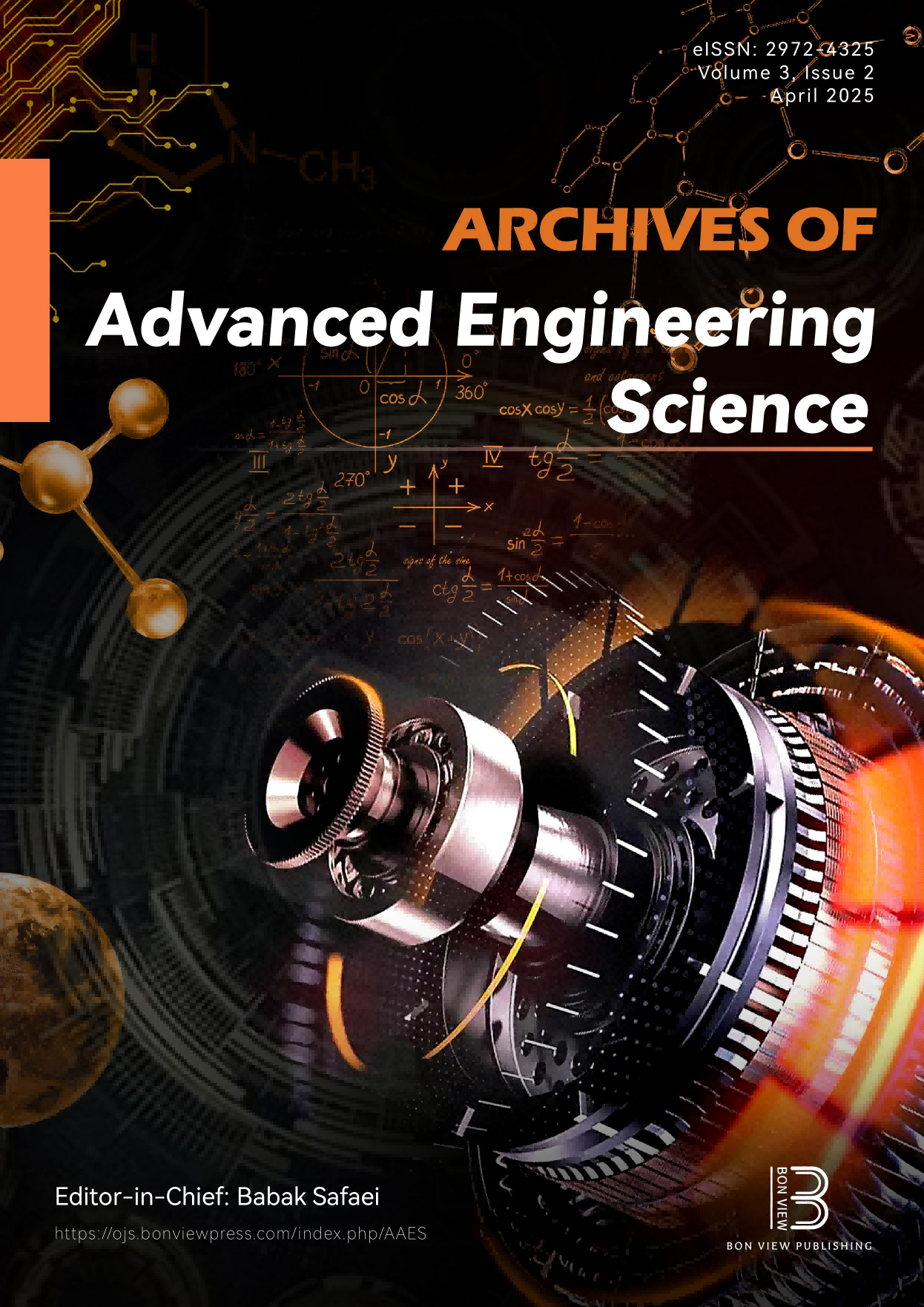Comparative Machine Learning Models for Predicting Loan Fructification in a Semi-Urban Area
DOI:
https://doi.org/10.47852/bonviewAAES42022418Keywords:
quantitative approach, predictive analysis, support vector machine, loan fructificationAbstract
The current research proposes a reliable and robust machine learning (ML) model which outperforms among six other models in predicting loan fructification obtained by entrepreneurs in a semi-urban area. The proposed model predicts if an entrepreneur can make grow a loan from a microfinance firm, a bank, a financial company, or an individual. The proposed model uses primary data collected from entrepreneurs residing in Butembo, a semi-urban town located in eastern Democratic Republic of Congo as dataset. This study uses a dataset that contains 5868 records. Seven ML model performances are compared in the loan fructification prediction: support vector machine (SVM), random forest, extra trees, decision tree, naïve Bayes, k-nearest neighbors, and logistic regression. SVM reveals to be the best model for predicting loan fructification using features such as age, years of working experience of the entrepreneur, entrepreneur loan repayment conviction, used mean by the lender to recover its loan, entrepreneur opinion on the disadvantage of taking out a loan, capacity of the entrepreneur to invest after obtaining loan, entrepreneur position on the possibility of launching a business without a loan, entrepreneur willingness to apply again for loan in the future, and success project after obtaining loan. The study uses accuracy, recall, precision, and F1-score as metrics to assess the developed models. The four metrics for SVM scored 95%, 95%, 83%, and 83%, respectively. The proposed model confirms the robustness of SVM in predicting loan fructification.
Received: 3 January 2024 | Revised: 29 January 2024 | Accepted: 12 March 2024
Conflicts of Interest
The authors declare that they have no conflicts of interest to this work.
Data Availability Statement
Data available on request from the corresponding author upon reasonable request.
Author Contribution Statement
Héritier Nsenge Mpia: Conceptualization, Methodology, Software, Validation, Formal analysis, Resources, Writing - original draft, Writing - review & editing, Visualization, Supervision, Project administration. Laure Mbambu Syasimwa: Methodology, Software, Validation, Formal analysis, Investigation, Resources, Data curation, Writing - original draft, Writing - review & editing, Visualization, Supervision. Dorcas Masika Muyisa: Validation, Data curation, Writing - original draft, Writing - review & editing, Visualization, Supervision, Project administration.
Downloads
Published
Issue
Section
License
Copyright (c) 2024 Authors

This work is licensed under a Creative Commons Attribution 4.0 International License.


